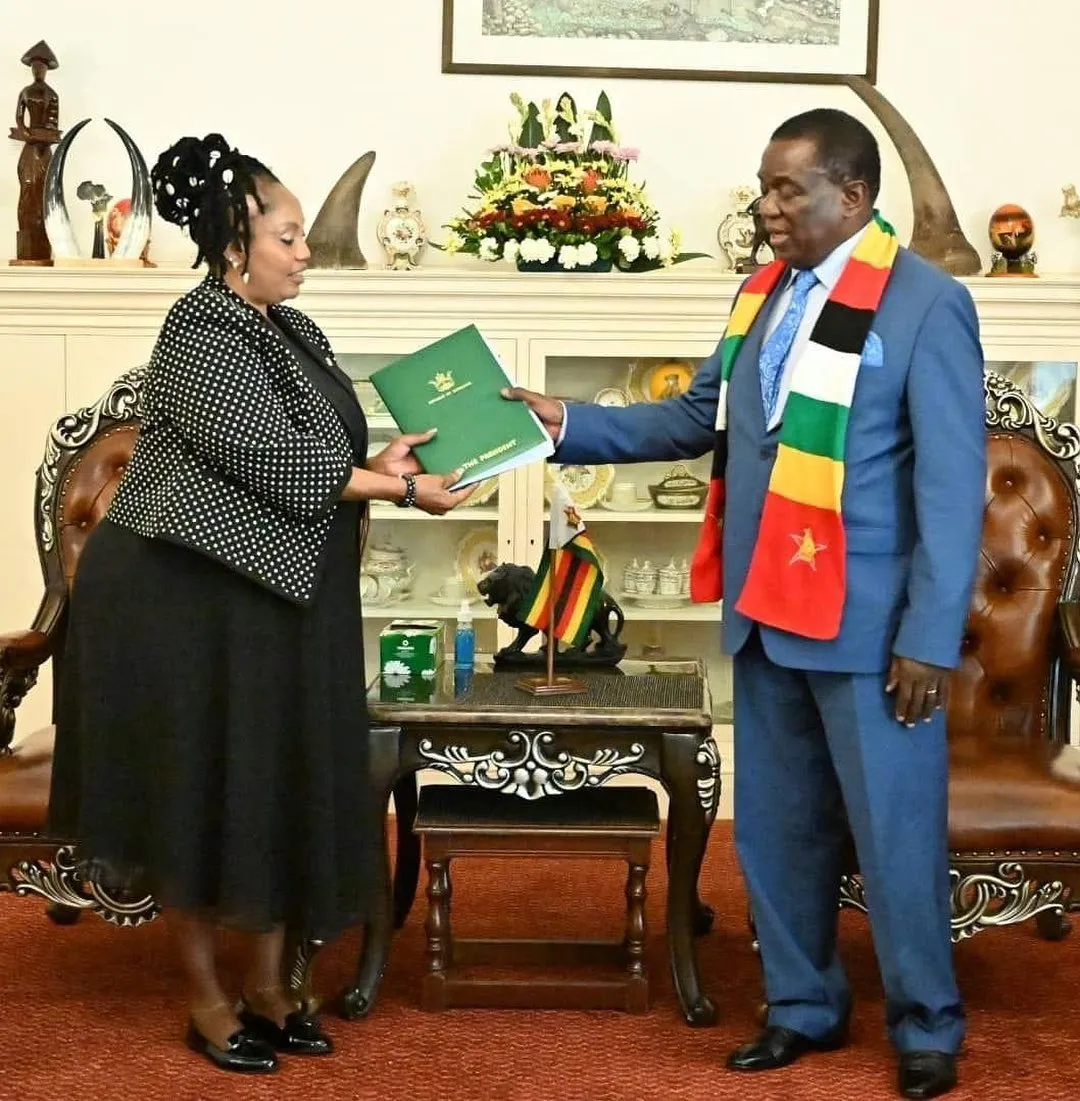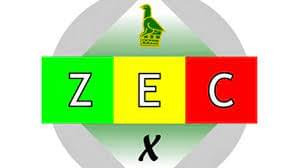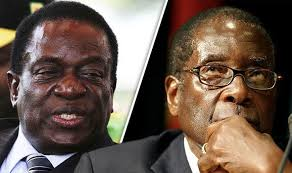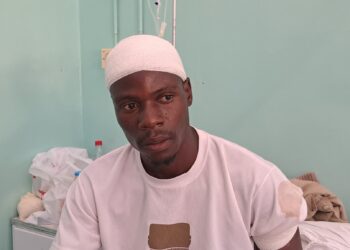After Parliament approved the higher nomination costs last week, political parties wishing to field candidates in all wards and constituencies would need to pay over US$230 800, or the equivalent in local currency (about $1,5 billion), when the Nomination Court convenes on Wednesday.
In accordance with Statutory Instrument 144 of 2022, the fees were published.
According to the statutes, presidential contenders must pay US$20,000, while candidates for the 210 National Assembly seats must each pay US$1,000.
Party lists for Senate, National Assembly women and youth quotas, as well as provincial and metropolitan council candidates, will attract a US$200 charge.
Contesting for local authority seats does not attract any fee.
The High Court in Harare will be the venue for submitting nomination papers for Presidential election candidates.
National Assembly, Senate and Metropolitan and Provincial Councils nomination papers will be submitted at provincial magistrates’ courts countrywide.
For aspiring councillors, the candidates will file their papers at their respective local authority offices.
According to the Zimbabwe Electoral Commission (ZEC), this year’s elections will have five categories contested under a proportional representation system — Senate, National Assembly (women and youth quotas), Provincial and Metropolitan Councils, and the women’s quota in local authorities.
“Senate party list is made up of candidates of 40 years and above, registered in the province in which one is standing.
“It must be a zebra or alternating format, with the woman name on top of the list.
“Each political party submits a list of six names per province,” said ZEC.
“Nomination fee is US$200 or bank rate equivalent per party list.
“The National Assembly women party list is made up of candidates aged 21 and above, registered in the province in which one is standing and must consist of women only.
“Each political party submits a list of six names per province.
“Nomination fee is US$200 or bank rate equivalent per party.”
This election will witness the first contest for the local authority women’s quota and the National Assembly youth quota, which were introduced through Constitutional Amendment Number 2 in 2021.
“For the National Assembly youth party list, the list is made up of candidates, 21-35 years, registered in the province in which one is standing and must consist of two candidates, with one eligible for election.
“Each political party submits a list of two names per province.”
Last week, political parties were finalising preparations for sitting of the Nomination Court.
ZANU PF director of information and publicity Cde Tafadzwa Mugwadi said the ruling party will field candidates in all constituencies.
“What I can say to the media is that all our candidates are capable of paying the fees and will be duly nominated without fail,” he said.
“When it comes to who will pay the fees, it’s now an internal process, which remains closed to the public.”
Movement for Democratic Change (MDC) spokesperson Mr Witness Dube said the party was finalising its candidate nomination process.
“We have successfully filed for our presidential candidate and we are meeting this weekend to finalise our candidates list for the Nomination Court,” he said.
In a post on Twitter, Democratic Union of Zimbabwe (DUZ) president Mr Robert Chapman said: “We are fielding candidates and heavily focused on that process right now.
“After nomination on Wednesday, the country will know who’s who in their respective communities, and the vision and paths for communities become more transparent and open for debate and discussion. I look forward to those discussions around the country with voters.”
CCC spokesperson Ms Fadzayi Mahere had not replied to questions sent by The Sunday Mail last week.
ZEC will be giving a copy of the final voters’ roll to successful candidates.










